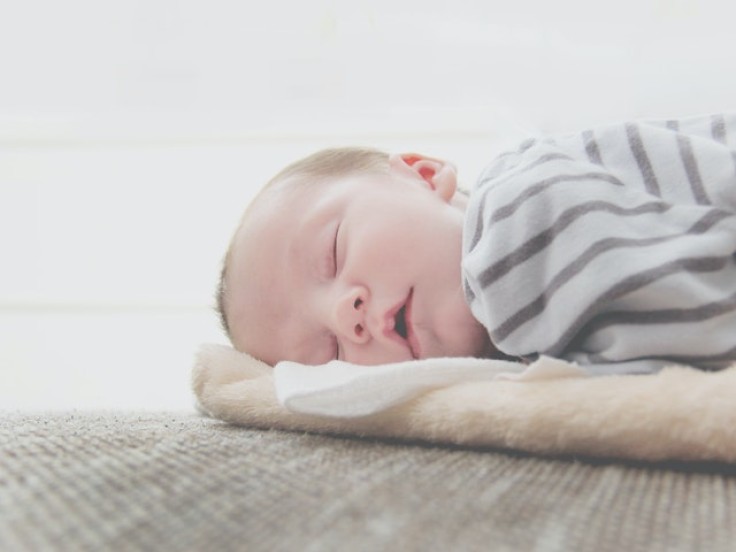
A sleep doctor and pediatric sleep consultant answer all your questions about baby dreams. It turns out that we do not know if they dream or not.
Anyone who has watched a baby smile or twitches in their sleep wonders whether they are dreaming or whether they are even capable of doing so.
According to Antonio Zadra, a psychology professor at the Université de Montréal and a researcher at the Center for Advanced Research in Sleep Medicine at the Hôpital du Sacré-Coeur de Montréa, we can only know that someone has a dream if they can tell us about it. Babies do not have the luxury of communicating verbally yet. Thus, it is uncertain whether babies do dream or not.
Researchers' input about babies and dreams
In adults, most of our dreaming occur during rapid eye movement (REM) sleep, but dreams can happen during other sleep stages. It first occurs about 90 minutes after falling asleep, and your eyes move rapidly from side to side behind closed eyelids.
Experts say that this REM sleep may have started even before birth. They measured the brain waves inside the womb between 25 and 28 weeks and discovered that it resembles those found in REM sleep.
Since babies spend about half their sleep time in the REM stage, some researchers think that it only makes sense for them to have some form of dreams. However, some scientists say that babies are not yet developmentally capable of dreaming, which consists of abstract thinking, including the ability to imagine things visually and self-awareness.
What do they dream about?
If babies do dream, their dreams will only be a mere collection of sensations, suckling on a breast or images of a close-up face, since they will not have the rich visuals and interactions with others, as reported by Zadra. Also, babies' dreams are very similar to what they experience when they are awake because they have a preverbal form of consciousness.
Like how an adult processes the previous day when they sleep, the same goes with an infant's brain, just not as advanced yet.
Why do babies smile, laugh, suck, twitch, or cry while sleeping?
According to Erin Neri, a certified pediatric sleep consultant in Sherwood Park, Alta, these movements are likely part of a baby's development, as countless new pathways in the brain form and baby learn how to use their muscles and limbs.
For example, researchers at the University of Iowa think that there is a relationship between a baby's neck twitches during sleep and their ability to hold their head up. Their research discovered that once a baby can hold their head up on their own, the number of neck twitches during sleep decreases.
If a baby cries out during sleep, it could only mean that they are processing something that happened that day, like being startled by a loud noise. Also, fear not because it is not a bad dream as we know it, says Zadra.
Babies may not be dreaming, or they may be, but the adorable twitches, giggles, and cries are likely all part of that amazing body and brain development that is happening during their sleep. So, go ahead and whisper "Sweet dreams" when you put your baby to bed.